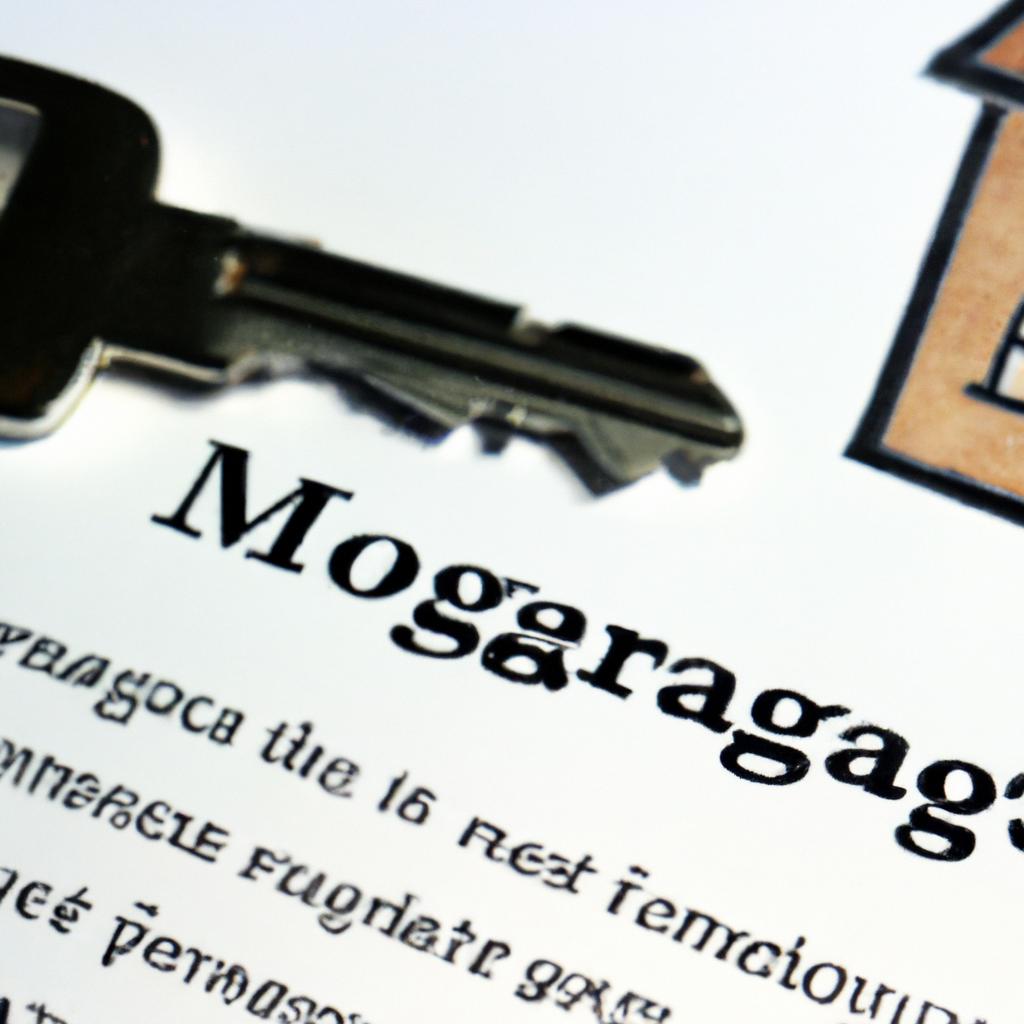When navigating the complex world of real estate transactions, it is crucial to understand the distinction between a deed and a mortgage. While both documents play integral roles in property ownership, they serve different purposes and carry unique legal implications. As experienced legal professionals at Morgan Legal Group in New York City, we specialize in estate planning, probate, elder law, Wills, and trusts, and are dedicated to providing comprehensive insight into the nuances of deed vs mortgage to protect our clients’ best interests. Explore the fundamental differences between these key legal instruments with us as we delve into their significance in the realm of real estate law.
Key Differences Between Deed and Mortgage in Real Estate Transactions
In real estate transactions, it is crucial to understand the key differences between a deed and a mortgage. A deed is a legal document that transfers ownership of a property from one party to another. It serves as proof of ownership and typically includes the names of the buyer and seller, legal description of the property, and signature of the seller. On the other hand, a mortgage is a loan agreement that allows the buyer to purchase the property by borrowing money from a lender. The mortgage serves as security for the loan, with the property acting as collateral.
One key difference between a deed and a mortgage is the party involved. The deed is a legal document signed by the seller transferring ownership to the buyer, while the mortgage is a loan agreement between the buyer and a lender. Another difference is the purpose of each document – the deed establishes ownership rights, while the mortgage provides a means for financing the purchase of the property. Understanding these differences is essential in real estate transactions to ensure a smooth and legally-binding process.

Understanding the Legal Implications of Deeds in Property Ownership
In property ownership, understanding the legal implications of deeds is crucial for ensuring the proper transfer of ownership rights. Deeds are legal documents that convey or transfer ownership of a property from one party to another. They are essential in establishing the rights and responsibilities of property owners. On the other hand, mortgages are financial agreements that provide lenders with security interests in properties as collateral for loans.
Deeds and mortgages serve different purposes in property ownership. While deeds establish ownership rights and transfer property, mortgages secure financing for property purchases. It is important for property owners to understand the differences between deeds and mortgages to protect their interests in real estate transactions. In essence, deeds signify ownership, while mortgages signify financial obligations.

The Role of Mortgages in Financing Real Estate Transactions
Deed vs Mortgage:
In real estate transactions, understanding the difference between a deed and a mortgage is crucial. A deed is a legal document that transfers ownership of a property from one party to another. It is signed by the seller and the buyer and is recorded in the county where the property is located. On the other hand, a mortgage is a loan taken out by the buyer to finance the purchase of the property. The mortgage agreement is a legal document that gives the lender the right to take possession of the property if the borrower fails to repay the loan.
When it comes to financing real estate transactions, a mortgage plays a key role in providing the necessary funds to purchase a property. Without a mortgage, many buyers would not be able to afford to buy a home. A deed, on the other hand, is essential for transferring ownership of the property from the seller to the buyer. Both documents are crucial in ensuring a smooth and legal real estate transaction.

Recommendations for Ensuring Proper Documentation and Transfer of Property Rights
When it comes to ensuring proper documentation and transfer of property rights, it is essential to understand the difference between a deed and a mortgage. A deed is a legal document that transfers ownership of real property from one party to another. It must be signed by the current owner (grantor) and delivered to the new owner (grantee) to be valid. There are several types of deeds, including warranty deeds, quitclaim deeds, and special warranty deeds, each with its own specific purpose and requirements.
On the other hand, a mortgage is a financial agreement between a borrower and a lender that provides the lender with a security interest in the property in exchange for a loan. Unlike a deed, a mortgage does not transfer ownership of the property but rather serves as a lien against the property to secure the repayment of the loan. Properly documenting and transferring property rights requires careful attention to detail and adherence to state laws and regulations to ensure a smooth and legally valid transaction.
Q&A
Q: What is the difference between a deed and a mortgage?
A: A deed is a legal document that conveys ownership of a property, while a mortgage is a loan that is secured by the property.
Q: Do I need both a deed and a mortgage when buying a home?
A: Yes, you will need a deed to transfer ownership of the property to you, and a mortgage to finance the purchase.
Q: Can a deed be held without a mortgage?
A: Yes, it is possible to own a property outright without a mortgage if you can pay the full purchase price in cash.
Q: What happens if I default on my mortgage?
A: If you default on your mortgage, the lender can foreclose on the property, meaning they can take ownership of it and sell it to recoup their losses.
Q: Can I sell a property without a deed?
A: No, you must have a deed in order to transfer ownership of a property to a new owner.
Q: What is the role of a notary in the deed and mortgage process?
A: A notary public is responsible for witnessing the signing of legal documents, including deeds and mortgages, to ensure their authenticity.
To Wrap It Up
In conclusion, understanding the difference between a deed and a mortgage is crucial when navigating the world of real estate transactions. While a deed signifies ownership of a property, a mortgage is a financial agreement that secures a loan with the property as collateral. By grasping the roles that deeds and mortgages play in the homebuying process, you can make more informed decisions and confidently embark on your journey towards homeownership. Remember, knowledge is power when it comes to making one of the most significant investments of your life. So, arm yourself with information and embark on your real estate adventure with confidence. Happy house hunting!

